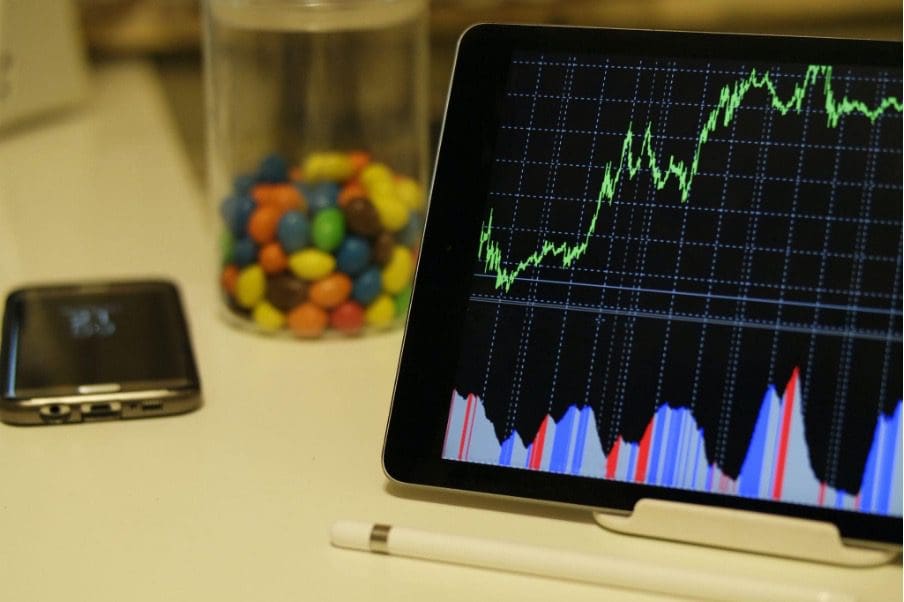Likely anyone who is interested in short-term trading has met with the term “CFD trading”. In simple terms, contracts for difference (CFDs) are a type of contract between the buyer and the seller where the difference between the price at the time of opening and closing the transaction will be paid to either party, depending on which way it moves.
Many analysts argue whether CFDs are the best form of trading. In this article, we will discuss the method in further detail so you can see if it’s right for you.
Are CFDs a good trading method?
Such contracts can be described as a sort of bet on the price movements of an asset. For example, a trader opens a buy CFD position (going long). If the instrument increases in value, he will receive a profit; however, the buyer may lose money in the event of a decrease in the value of the asset.
CFDs can be suitable for buyers who do not have a large budget, as you are required to trade with leverage. This means that by depositing a small fraction (usually a percentage) of the full value trade, you’re able to gain greater exposure to the financial markets. However, this also increases potential for major losses.
How to trade CFDs
You need to understand that CFD trading doesn’t mean you directly own a share or financial asset. You can choose the price in which you enter or exit a position and either make a profit or loss based on the difference.
Let’s take a look at an example of investing. An investor decided to invest in Facebook. You buy several stocks through certain websites, exchanges, or applications, pay various fees and become a shareholder. It turns out that you are, in a sense, one of the owners of the Facebook company. In the future, you will be able to profit from this company.
CFD trading works in a different way. You will not be considered a shareholder of Facebook. The trader bets on potential price movements and receives income only if the price moves in their favour.
With CFDs, there is an opportunity to invest in the following:
- stocks
- currencies
- indices
- raw materials (commodities)
- debt instruments (bonds)
- ETFs
How can you use this method for trading?
Here are some examples of using CFDs for short-term trading:
- Day trading (opening and closing positions within one trading day)
- Swing trading (activity starts at the beginning of the week and ends at the end of the week), which is a medium-term strategy
- A long-term approach (anything that may exceed monthly trades)
No one can say with complete certainty which tactics should be chosen. It is necessary to experiment with different options and choose what is most appropriate for you.
What are the benefits and drawbacks of CFDs?
Like any financial instrument, this type of contract has some key advantages:
- Leverage. It allows traders with a small budget to gain access to a wider market.
- A good alternative to investing. If you don’t want to purchase and own the asset outright (such as buying and transporting oil), this allows you to bet on the asset’s price movements from a distance.
- Low fees. Compared to other financial instruments, fees may be less, although it still comes with costs such as commission and capital gains tax.
At the same time, CFDs have certain shortcomings:
- No voting rights. If you trade CFDs on stocks, you will not take ownership and therefore have no voting rights for company stocks.
- Leverage comes with many risks. This situation could seriously harm you if the market gets out of your control.
In the case of volatility or uncertainty, stop-loss orders can be applied to positions, significantly reducing the risks of capital loss and relieving unnecessary stress and rash or emotional decisions.
Spread bets and CFDs are complex instruments and come with a high risk of losing money rapidly due to leverage. The vast majority of retail client accounts lose money when spread betting and/or trading CFDs. You should consider whether you understand how spread bets and CFDs work and whether you can afford to take the high risk of losing your money.

